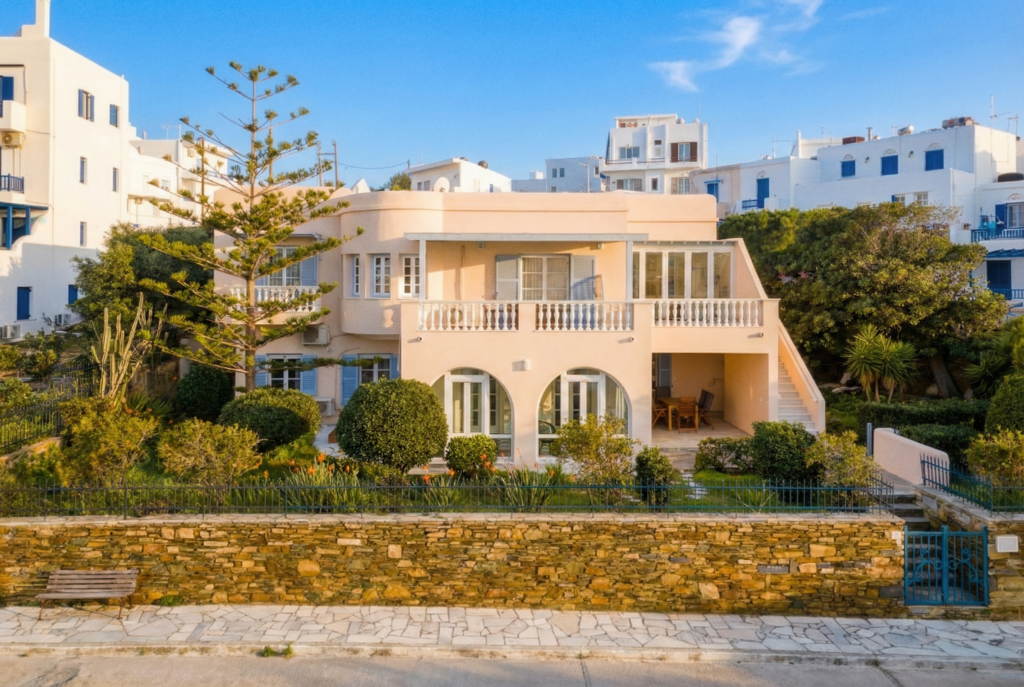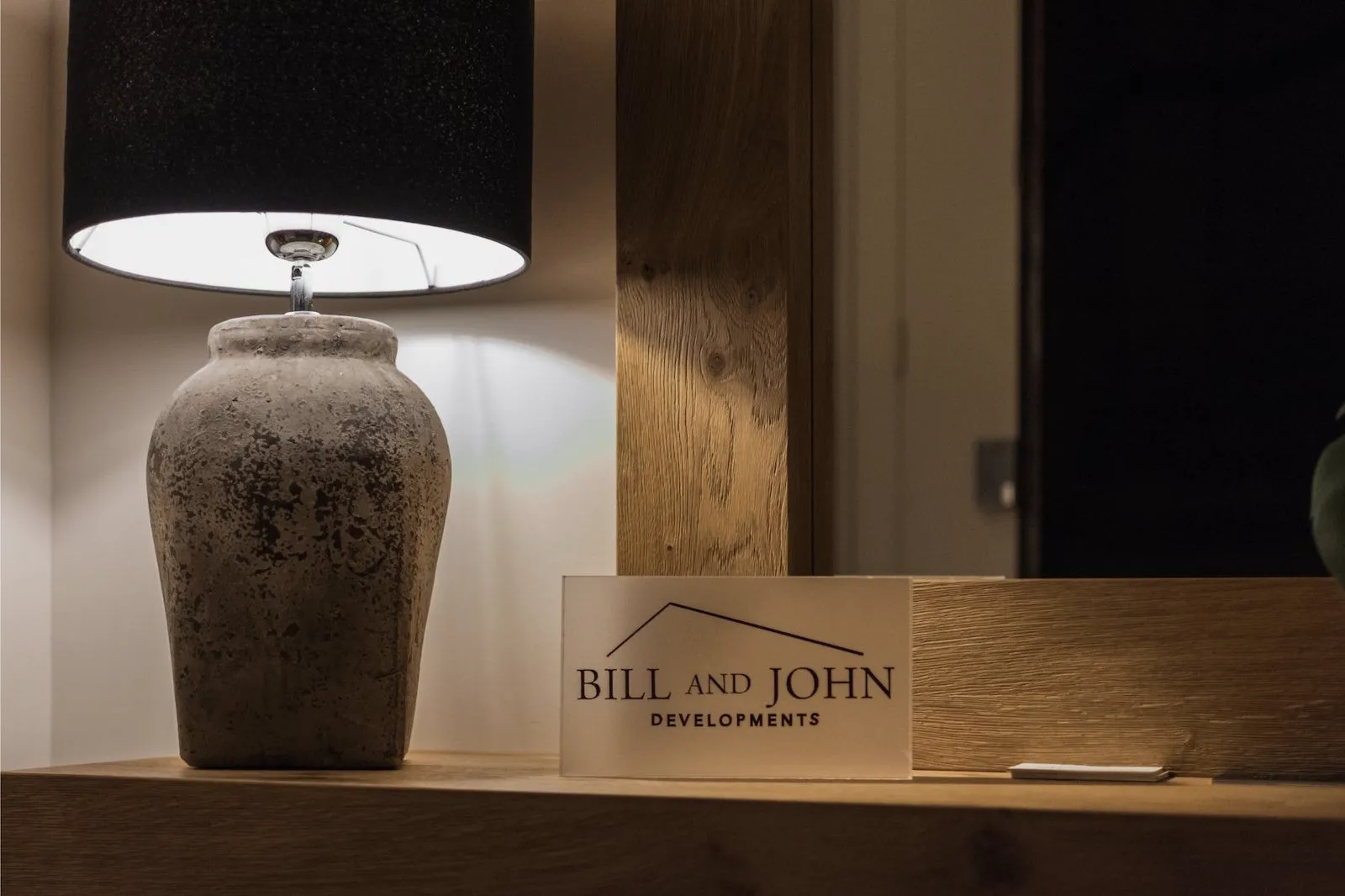Unlocking the Potential of the Shoulder Season: How to Build Demand After August

August may be the peak of summer holidays in Greece, but anyone working in the tourism industry knows that the job doesn’t end there. In fact, what follows is a season full of opportunities: the so-called shoulder season.
But what exactly is the shoulder season? It refers to the period between the high and low tourist seasons – mainly September and the first weeks of October. And while things may seem quieter on the surface, the potential of this time is far greater than most imagine.
Why the Shoulder Season Matters
1. Great Weather Conditions
September and October in Greece still offer warm temperatures, inviting seas, and plenty of sunshine. It’s the perfect time for travelers who want to avoid the intense heat and crowds of August.
2. Higher-Quality Guest Experiences
Shoulder season travelers often seek more authentic, laid-back experiences and better value for money. They tend to spend more per night choosing quality stays and curated activities over the typical tourist rush.
3. Less Competition
As many property owners and hosts start winding down after August, this is your chance to stand out with better service, smart pricing strategies, and a strong online presence.
How to Build Demand After August
The shoulder season doesn’t generate bookings on its own, it requires an active approach and targeted actions. Here’s how to keep your calendar full, even after the peak season fades:
1. Adjust Your Pricing & Offers
September travelers are more price-conscious, but that doesn’t mean they’re looking for “cheap.” Set prices that reflect your property’s quality while still creating a sense of value.
2. Target the Right Audiences
Who’s traveling in September?
– Couples without kids
– Digital nomads
– Retirees
– Solo travelers & photographers
Tailor your content and marketing to meet the needs and preferences of these specific groups.
3. Highlight Local Experiences & Activities
Shoulder season holidays aren’t just about beach time. Promote alternative experiences like:
• Wine tourism
• Scenic hikes on lesser-known trails
• Culinary tours and local tastings
• Museum visits and archaeological sites without the crowds
When your stay is tied to a memorable experience, it becomes more attractive – and more bookable.
4. Leverage Social Media Smartly
Your audience is still active. Show live snapshots of your destination (minus the August crowds), post stories of peaceful beaches, quiet cafés, and relaxing evening walks.
This builds an autumn mood and generates anticipation with authentic visuals.
5. Keep Your Hospitality Standards High
Even with fewer bookings, your level of service should remain exceptional. A great guest experience leads to glowing reviews, repeat visits, and powerful word-of-mouth marketing.
Shoulder Season = A Growth Opportunity
For short-term rental businesses and tourism professionals, the shoulder season isn’t downtime, it’s a second season. With less pressure, it’s the perfect moment to experiment with new ideas, connect with quality guests, and prepare for an even stronger winter or next summer.
Use it wisely – and it might just become the most profitable time of your year.





